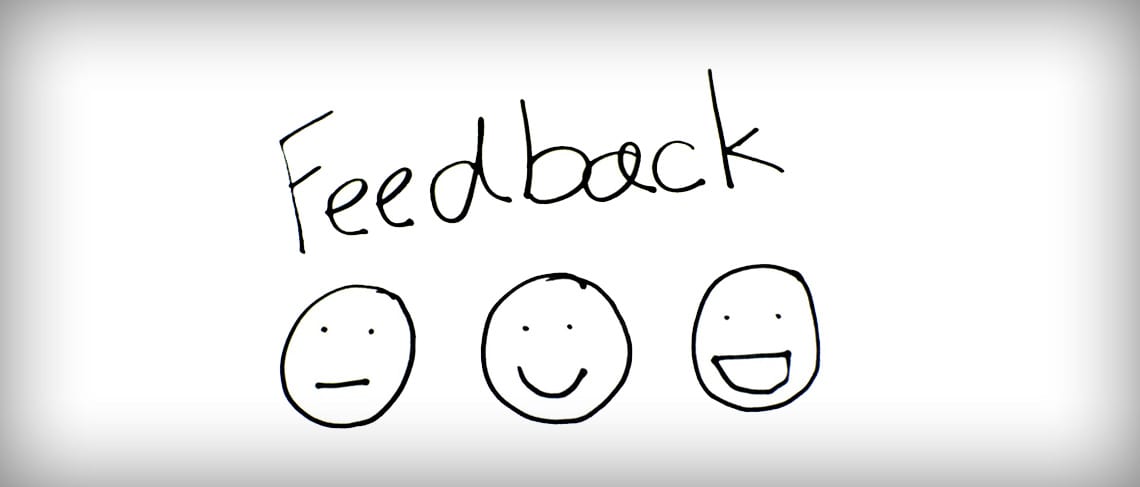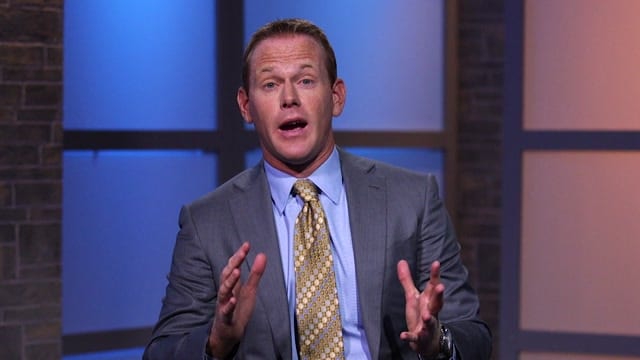
The sun is fierce. It feels like it could be up to 110 degrees out. Thousands of people have gathered at the food-distribution point in Bidi Bidi refugee settlement in northern Uganda. Some wait with their families, some with their infants tied to their back with a shawl; men, women, old and young. They’re living in one of the largest refugee settlements in the world right now. And they’ve been waiting eagerly for the monthly distribution.
 Sixteen-year-old Helen has been waiting for a few hours now. While hundreds of other refugees are standing in separate queues according to their family size of two, four, five and so on, waiting for their turn to get their IDs checked. Helen is given special treatment. She is taken aside from the long queue, her ID and her food ration card verified quickly, and is made to stand in the line meant for family size, two.
Sixteen-year-old Helen has been waiting for a few hours now. While hundreds of other refugees are standing in separate queues according to their family size of two, four, five and so on, waiting for their turn to get their IDs checked. Helen is given special treatment. She is taken aside from the long queue, her ID and her food ration card verified quickly, and is made to stand in the line meant for family size, two.
Helen is just one among many hundreds of unaccompanied and separated children at the settlement who are given this special treatment at the food distribution point. At all the points, World Vision child-protection volunteers, identify unaccompanied and separated children, and help them go through the process of receiving their share of the monthly rations. According to reports by the United Nations High Commission for Refugees (UNHCR), children make up the highest percentage of new arrivals, almost 68%.
Despite the piercing, harsh heat of the sun, Helen looks cheerful most of the time, smiling and laughing with the others around her. Helen and her sister arrived in Uganda last September. Their mother passed away, and her father works as a driver for a local NGO back in Juba, South Sudan.
“The fighting became severe and there were gunshots and killings everywhere,” Helen says. “So father sent us away asking us to flee to Uganda. He had to stay back because of work.”
Helen and her sister Christine, 15, now live at the camp together.
Like the hundreds of thousands of other refugees, the sisters rely completely on the monthly rations provided by World Vision in partnership with the World Food Program (WFP). Every month, each person receives 26 pounds of grains, about 5 pounds of beans, about 25 pounds of corn, some oil, and some salt.
However, “this lasts only for around three weeks,” says Helen. “We save up some of the maize and manage the rest of the days by eating porridge made with the maize,” she adds.
A few of the refugees who managed to bring some money with them buy vegetables or fruits from the local markets, if and when they can find them. However, for a majority of them, the ration they receive from World Vision each month is the only food they will eat for the entire month.
“I love cooking and eating meat. Back in South Sudan we used to eat meat quite often. Now we don’t have money to buy. The last time we ate meat was for Christmas,” Christine says.
World Vision, as part of its Child Protection interventions, also tries to find a caregiver for unaccompanied and separated children. The caregivers do not keep the children in their homes with their families. But they usually live in close proximity to the children. This ensures that young girls like Helen and Christine are protected and safe. While Helen’s caregiver cooks for the girls sometimes, Helen manages most of the cooking at home, with Christine’s help. Both of them study in primary class 6, at the primary school facility in Bidi Bidi.
Helen likes taking care of people, so she has dreams of becoming a nurse, while Christine is determined that she will become a businesswoman someday.
As of February 2017, World Vision in partnership with the World Food Programme (WFP), distributed food supplies to 546,800 South Sudanese refugees in Adjumani, Arua, Yumbe, Koboko and Moyo districts in the West Nile region of Uganda. In addition, World Vision partners with WFP and the U.N. Refugee Agency to distribute high-energy biscuits to new arrivals at the border-entry points. We have served more than 272,206 hot meals since December 2016, at the refugee reception center.
However, despite the massive need, financial resources are running thin and the crisis is chronically underfunded. Uganda, which has been very open to receiving and taking care of the refugees is “at a breaking point,” said the U.N.’s high commissioner for refugees in a news story recently.
How can I help the hunger crisis in Africa?
Your church can give to help fight the hunger crisis in East Africa. Because of grants, your gift will have 7x the impact!
















Recent Comments